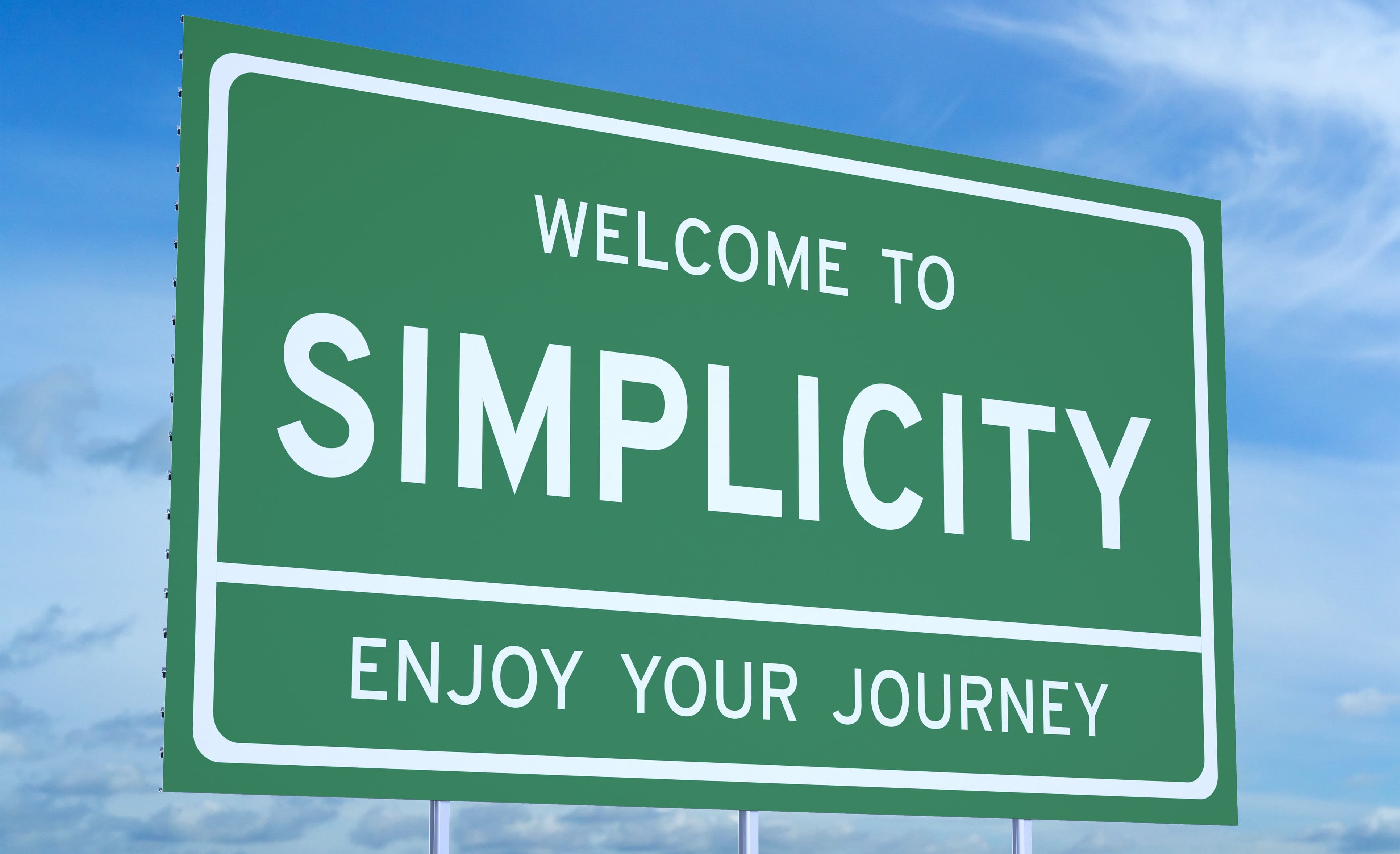Global AI in healthcare market expected to rise to $164B by 2030
The market size for 2023 was $10.31 billion
Read more... There are now over 300,000 health-related applications available, including those to help track and improve health in areas like diet, fitness, weight loss, heart health, and brain games.
There are now over 300,000 health-related applications available, including those to help track and improve health in areas like diet, fitness, weight loss, heart health, and brain games.
While people like having all of those options to choose from, that doesn't mean they want the space to be fragmented; in fact, the vast majority feel quite the opposite: according to a survey from PYMNTS and Lynx released this week, they overwhelmingly want a digital health ecosystem that makes things convenient for them.
The Healthcare In The Digital Age report, which surveyed more than 2,500 U.S. consumers and patients, found that 81% are interested in using a unified digital platform to manage information about their care and insurance benefits, while 79% say they want to pay all their medical bills with a single digital platform.
That cuts across all generations and income levels, though the idea is most popular among younger people are those with a higher income. Among baby boomers and seniors, 65% overall show interest, and 24% are very or extremely interested, while the same can be said of over 83% of Generation X, 92% of Bridge Millennials and Millennials, while 93% of Gen Zers are interested in a unified digital platform.
Interestingly, the group with the largest percent to be very or extremely interested were the Bridge Millennials, with 63.6%, compared to 58.8% of Millennials and 49.2% of Gen Zers.
In terms of income level, of those making $100,000 or more, 87% were interested, and 57.3% were very or extremely interested; that is compared to 83% and 42.7% for those making $50,000 to $100,000, and 73.1% and just 28% for people making less than $50,000.
The survey also broke it down into area size and found that the idea appeals more to people who live in urban areas than those in rural parts of the country.
The reasons for wanting a unified digital platform are fairly simple: over 71% said that a unified platform will lead to improved healthcare knowledge and management, with 30.1% citing this as the most important aspect.
The majority, 58%, also say it will increase their convenience when managing their treatment and benefits, with 22% saying this is the most important reason for their interest in using a unified digital platform, and 52% say it will improve their access to treatment, with 15% citing it as most important.
Consumers also like the idea of having centralized information, with 41% saying they are interested in having all their healthcare information in one place, and 25% saying this is the feature that has the most appeal for them.
Meanwhile, 82% want to use a healthcare platform to get better information about their access to medical, dental and vision benefits, and the same percentage want a platform that gives them information about their pharmacy benefits, including pharmacy discount cards. A slightly smaller percentage said they want access to a list of in-network practitioners in their area, and an automated service to detail which benefits are available but are not utilized.
As for who should be providing this platform, there's no clear cut answer to that, as no entity got a majority of people to line up behind them; the one that came closest is health insurance companies with 49.1%, followed by health technology companies with 38.9%, personal healthcare providers with 31.2%, and a big tech company with 22.4%.
"Consumers have a strong interest in leveraging digital technology to improve their access to healthcare and better manage their insurance benefits. PYMNTS’ data finds that streamlining healthcare processes is important, as many consumers can readily identify benefits that such technology could provide, including improved management of healthcare payments and finances, easier access to healthcare records and a better understanding of their insurance benefits," the report concludes.
"Gaining these advantages within the same platform that allows them to determine which local providers are in their insurers’ networks, empowers them to schedule appointments and enables them to fill out forms could define the next era of healthcare service delivery."
(Image source: start.docuware.com)
The market size for 2023 was $10.31 billion
Read more...At Culture, Religion & Tech, take II in Miami on October 29, 2024
Read more...The company will use the funding to broaden the scope of its AI, including new administrative tasks
Read more...